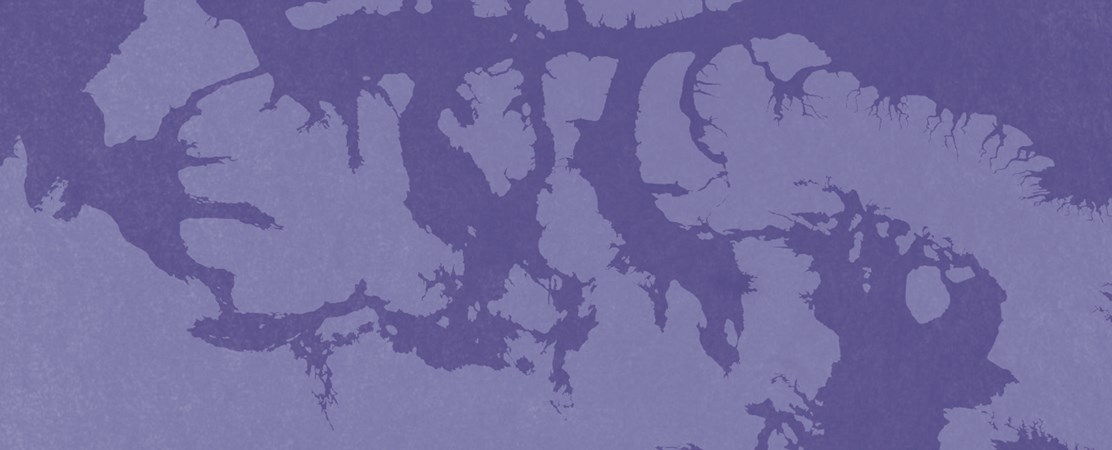Introducing Yukon University

By Karen Barnes, President, Vice-Chancellor, Yukon College
Canada will soon have its first circumpolar university. Yukon College, first established as a vocational school in 1963, will become Yukon University in 2020.
The demand for university-level and career programs delivered in the North is evident, particularly for those programs that respond to the economic and social needs of northern communities. It is time to open our doors wider – to share our unique knowledge and perspective of the North with the rest of Canada and the world, and to become a destination for students and researchers who want to experience living and learning in the North.
Much as the needs of Yukon and its citizens have shaped Yukon College programming for 55 years, the current and future needs of Yukoners will shape YukonU. While 50% of our students aspire to a Bachelor’s degree or higher, a strong desire remains for practical, vocational trades training and for programming that supports adults rebooting their educational journey. Thus, we will be a hybrid university, offering flexible and comprehensive programming that will include degrees, diplomas, certificates, trades and adult basic education.
Yukon University will build on our strengths and focus on education and research relevant to the Circumpolar North with three niche program areas: sustainable resource development and innovation; climate change – society and environment; and indigenous self-determination and governance.
For over five decades we have successfully delivered a wide range of apprenticeship, trades and technology training across the territory. Through the combination of education, training, research and innovation we have supported the sustainable development and stewardship of Yukon resources: the land, wildlife, water and minerals. By collaborating with Yukon First Nations, government and industry, we continue to expand our training opportunities, connecting closely to research and emphasizing sustainable practices.
For over 16 years, we have been recognized as a leader in climate change research in both natural and social sciences. Our work spans community health and wellbeing, impacts on traditional culture and practices, infrastructure and economy, policy implications, community and individual resiliency, and food security. Yukon University builds on this strong foundation in climate change research to ensure that its programs provide a holistic, interdisciplinary approach to the topic.
Over many years, we have worked closely with First Nation governments to build curriculum and reciprocity between indigenous and non-indigenous traditions. Yukon is a living lab, showcasing the challenges and successes of indigenous self-government. Our strong partnership with all 14 Yukon First Nations is unparalleled. The knowledge gained by decades of First Nations’ self-governance in the territory drives programming that supports capacity development and self-determination. We currently offer five programs in indigenous self-determination studies, and our first made-in-Yukon degree, launched this year, is a Bachelor of Arts in Indigenous Governance.
Our evolution from college to university has been supported and shaped by connections to our UArctic partners in Canada and especially in Norway, Sweden, Finland and Iceland where we have visited colleagues in the course of this journey. We are grateful for the sharing of knowledge and the opportunities to consider various ways of engaging all of our small Arctic communities in education, research and innovation. Many of us in UArctic are incorporating different ways of learning and traditional indigenous knowledge into our programs alongside new distance technologies and in-person support. Our collective commitment to expanding opportunities for education and research across the Circumpolar North will ensure a sustainable future for the Arctic region and its peoples.
As we begin the next chapter in our journey, all of us at Yukon University look forward to new and renewed collaborations within the UArctic family and the thrilling spark of discovery that occurs with the exchange of knowledge, ideas and people.
